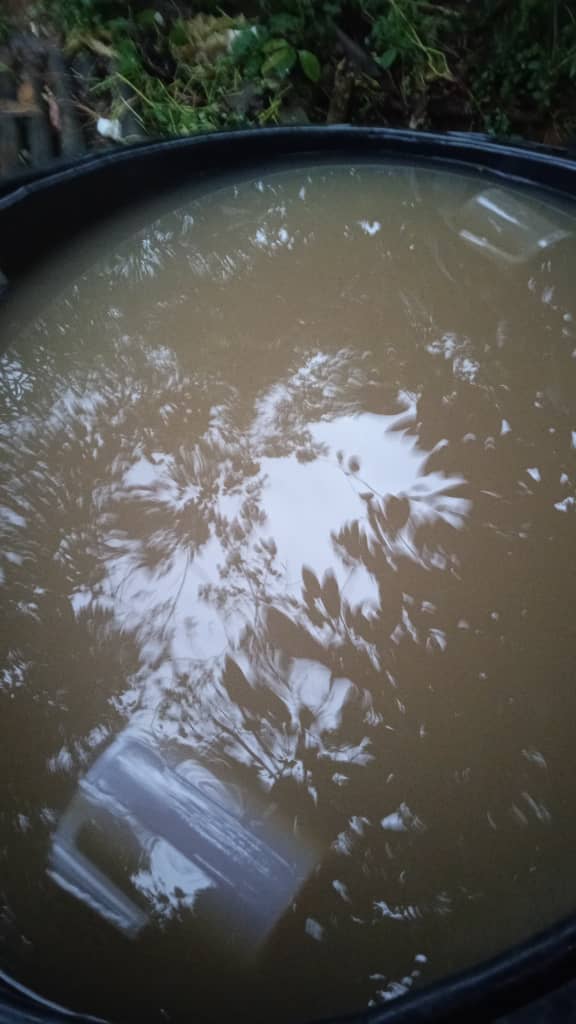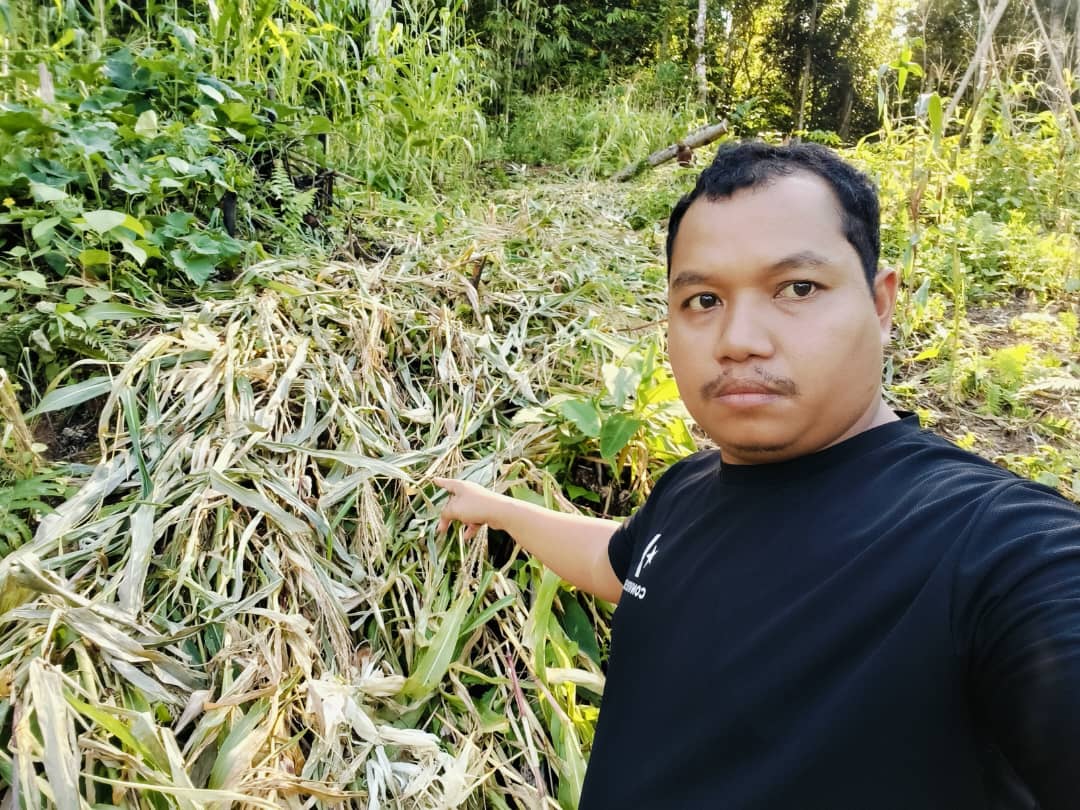Kuala Lumpur, 10 November 2025 — Following the landmark adoption of the ASEAN Declaration on the Right to a Safe, Clean, Healthy and Sustainable Environment during the 2025 ASEAN Summit in Kuala Lumpur, effective implementation must be carried out through the Regional Plan of Action (RPA), ensuring tangible, rights-based protections for communities and environmental defenders across the region.
At the media and diplomatic briefing forum co-organised by the ASEAN Intergovernmental Commission on Human Rights (AICHR) and Greenpeace today, Greenpeace Southeast Asia (GPSEA) emphasised that the focus must now move beyond recognition to ensuring the effective implementation of the ASEAN Declaration on the Right to a Safe, Clean, Healthy and Sustainable Environment. While the adoption marks a major milestone for the region, the Declaration remains non-legally binding, and ASEAN Member States must take steps to translate its principles into enforceable national laws and regional mechanisms.
H.E. Edmund Bon, Chair and Representative of Malaysia to AICHR, who led the drafting process of the Declaration, was present at the briefing and shared insights on its journey, significance, and the development of the upcoming Regional Plan of Action (RPA) — which will be the true test of ASEAN’s commitment to protect environmental rights and the people defending them.
“The declaration should serve as a guiding framework for governments, including Malaysia, to harmonise national policies and legislation in line with its principles. What’s most needed now is a shift in mindset — one that prioritises people and the planet, not just industry interests as well as concrete measures like amendments to the Environmental Impact Assessment (EIA) process, stricter enforcement by authorities, and empowering the judiciary to uphold environmental rights. It must not remain symbolic but drive forward-looking, rights-based policies that truly safeguard our shared environment and future,” said YB Nik Nazmi bin Nik Ahmad, former Minister of Natural Resources and Environmental Sustainability (NRES).
GPSEA urges ASEAN to show greater ambition and take concrete action that addresses the lack of clear obligations, measurable targets, and enforcement mechanisms. It also omits corporate responsibility to uphold people’s environmental rights and the need to address the transboundary nature of the region’s environmental challenges.
“This is a chance for ASEAN to show real courage to turn recognition into action and make environmental rights a lived reality. To do that, ASEAN must confront transboundary pollution, biodiversity loss, corporate impunity head-on with clear timelines, accountability, and protection for environmental defenders,” said Heng Kiah Chun, Campaign Lead at Greenpeace Malaysia.
GPSEA stresses that ASEAN missed a key opportunity to demonstrate genuine leadership. The bloc could have been the first in the Global South to operationalise the UN General Assembly’s 2022 resolution on the right to a clean, healthy, and sustainable environment by establishing legally enforceable regional standards and strong protections for those defending nature.
“There is a huge expectation for the ASEAN Member States to be the leader in the fulfillment of the right to the environment. The first step towards realising that expectation is to enhance the access for vulnerable communities to participate in the development and implementation of the Declaration. It should also be mirrored in the actions taken by ASEAN Member States in various multilateral environmental agreements, such as on the COP of CBD, COP of the UNFCCC, and development of plastic treaty through the INCs”, said Fajri Fadhillah, Senior Regional Campaign Strategist (Legal and Political) at Greenpeace Southeast Asia.
While recognising the vital roles of the AICHR and the ASEAN Senior Officials on the Environment (ASOEN) in developing the upcoming Regional Plan of Action (RPA), GPSEA calls on ASEAN leaders to ensure it is transparent, inclusive, and well-resourced. This includes upholding Free, Prior and Informed Consent (FPIC) and recognising the rights of Indigenous Peoples and Local Communities (IPLCs). The lack of transparency during the drafting of the Declaration must not be repeated in its implementation.
To mark the close of today’s media briefing and diplomatic forum, Edmund Bon as AICHR Malaysia Representative announced several key steps in the regional action plan (RPA) in pushing forth this agenda:
- Ensure cross-sectoral collaboration among ASEAN Member States to address transboundary issues such as pollution, deforestation, and climate impacts.
- Mobilise technical expertise from ASEAN member states to support in designing practical solutions and capacity-building measures that close existing implementation gaps.
- Ground the RPA in affected communities’ realities by strengthening participation of vulnerable groups, including IPLCs, in decision-making processes.
Key speakers at today’s forum included: Veerawit Tianchainan, Executive Director of Greenpeace Southeast Asia; Fajri Fadhillah, Senior Regional Campaign Strategist (Legal and Political), Greenpeace Southeast Asia; Heng Kiah Chun, Campaign Lead (Malaysia), Greenpeace Southeast Asia; Her Excellency Anita Wahid, AICHR Country Representative of Indonesia; YB Nik Nazmi bin Nik Ahmad, former Minister of Natural Resources and Environmental Sustainability (NRES); His Excellency Edmund Bon, AICHR Chair and Representative of Malaysia; and Astrid Jovanna Puentes Riaño, Special Rapporteur on the human right to a clean, healthy, and sustainable environment.
Greenpeace and its civil society partners across Southeast Asia reaffirm their commitment to engage AICHR, ASEAN institutions and member states to push for stronger implementation, transparency and accountability in order to make environmental rights a lived reality for all people in the region.
ENDS



